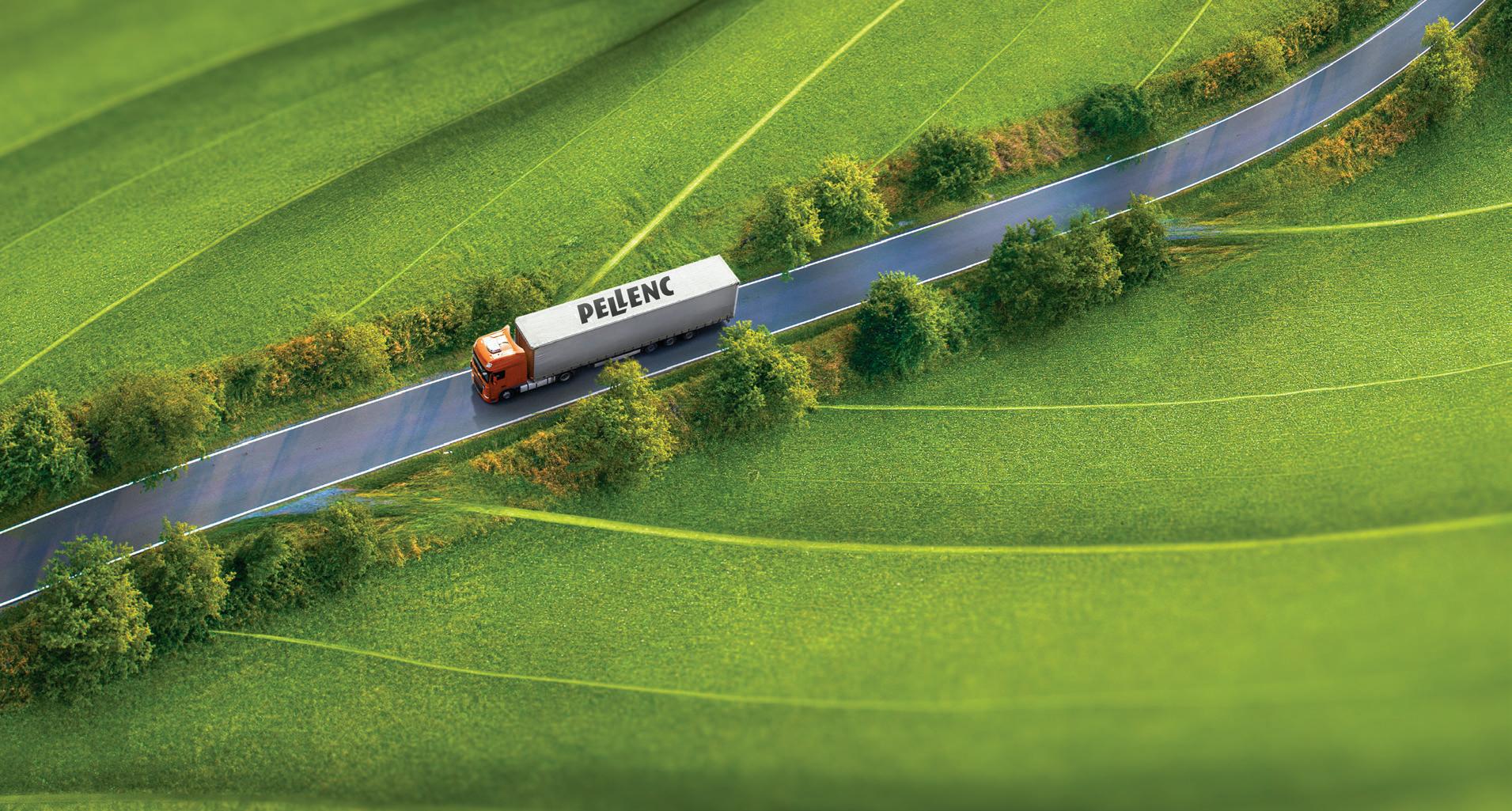
1 minute read
SUSTAINABLE DEVELOPMENT
PROCESSES AND SUPPLY CHAIN INCORPORATING THE CONCEPT OF SUSTAINABLE DEVELOPMENT
In line with our commitment to the environment, PELLENC implements manufacturing processes which put the concept of sustainable development front and centre by incorporating them into our supply-chain and logistics-flow optimisation policy.
REDUCING AND OPTIMISING PACKAGING
The PELLENC group has implemented a supply-chain policy aimed at cutting the quantity, volume, and weight of packaging in order to optimise the transport of goods, and thereby limit the environmental impact in terms of fuel consumption and greenhouse gas emissions. This policy also helps limit the direct impact of packaging on the environment (waste output). Packaging has been removed in favour of “bulk” wrapping for small, high-consumption supplies (screws and fittings, seals, etc.). This is also the case for medium-sized parts, which are not fragile, and are simply film-wrapped.
OPTIMISING LOGISTICAL FLOWS
From the design stage, PELLENC incorporates the dimensional constraints associated with transporting our machines, equipment, and tools to make them as compact as possible, thus optimising transport volumes.
The group has invested in software that maximises pallet capacity based on the shipping destination, both within France and internationally, taking both internal (production) and external (distribution) movements into account. That software also calculates the optimal route for trucks to take to reach all their delivery addresses. Together with improved packaging (bulk, skinpack, etc.), this has cut transport costs by 30% per part and resulted in a proportional reduction in the environmental impact of our shipping operations. Lastly, PELLENC uses maritime consolidation to make our container shipping as efficient as possible. This cooperative transport service with other companies enables optimum filling of containers, and thus limits the number of shipments.




